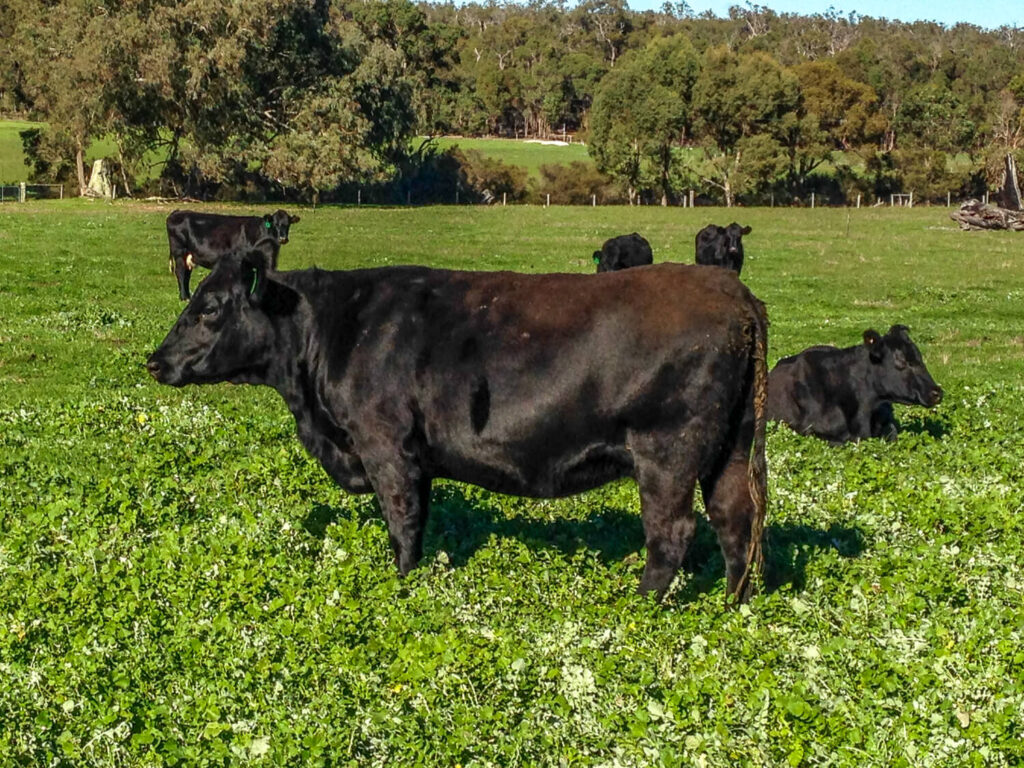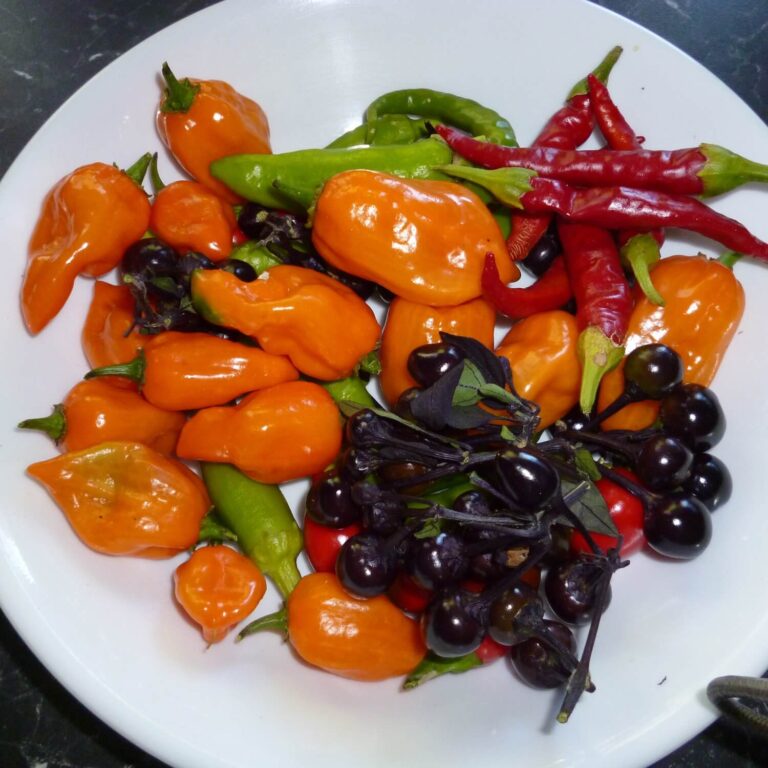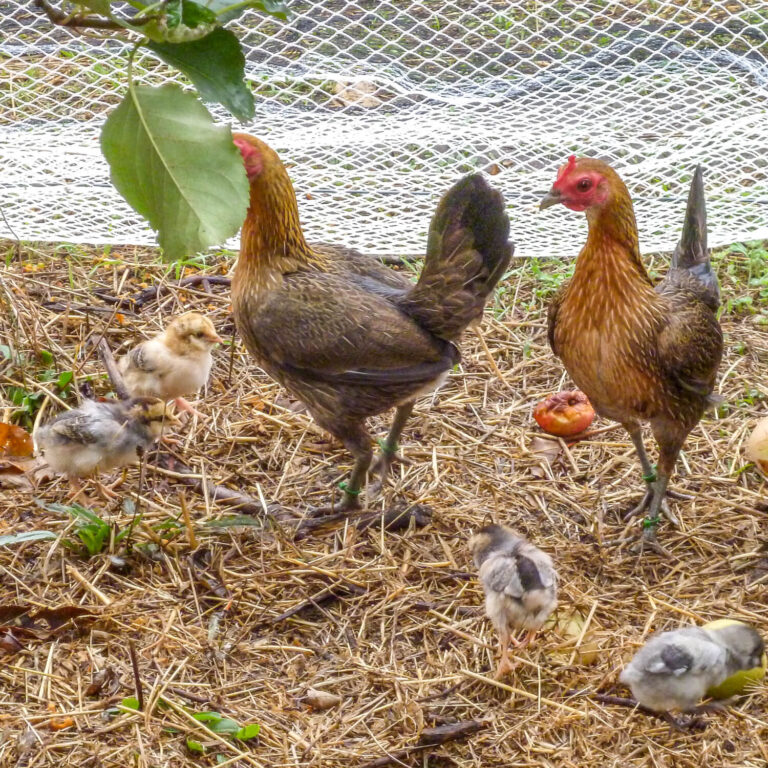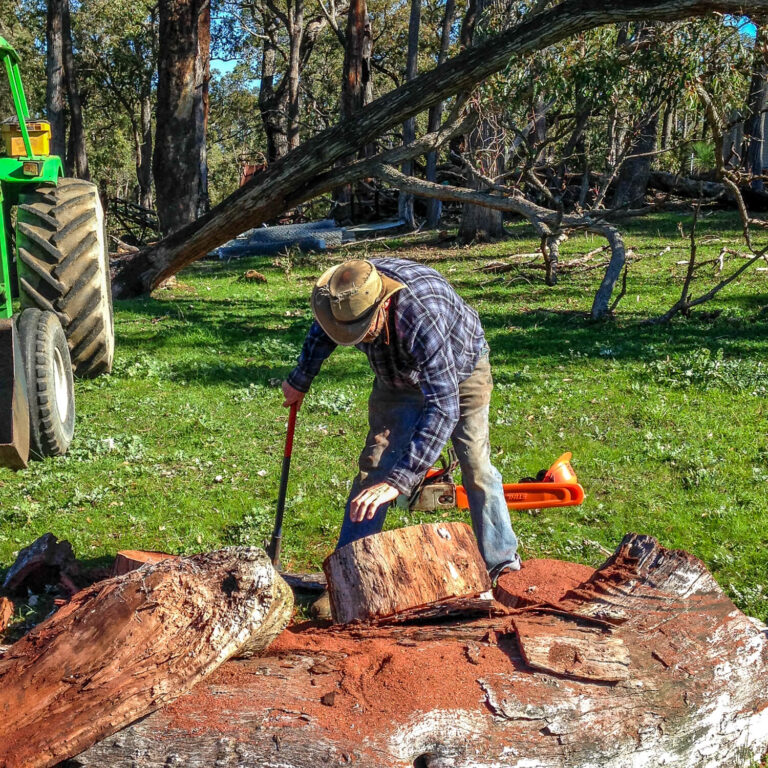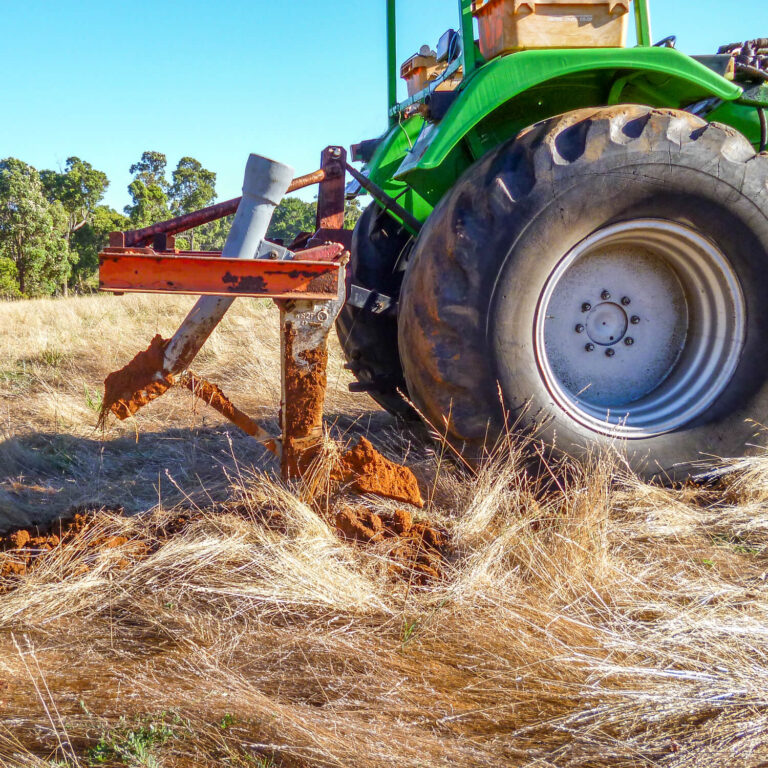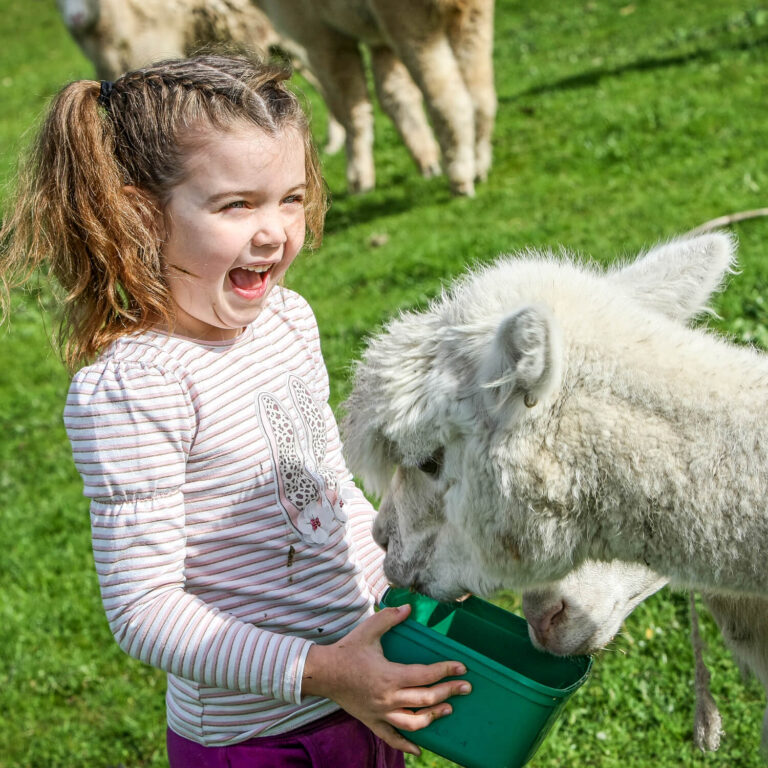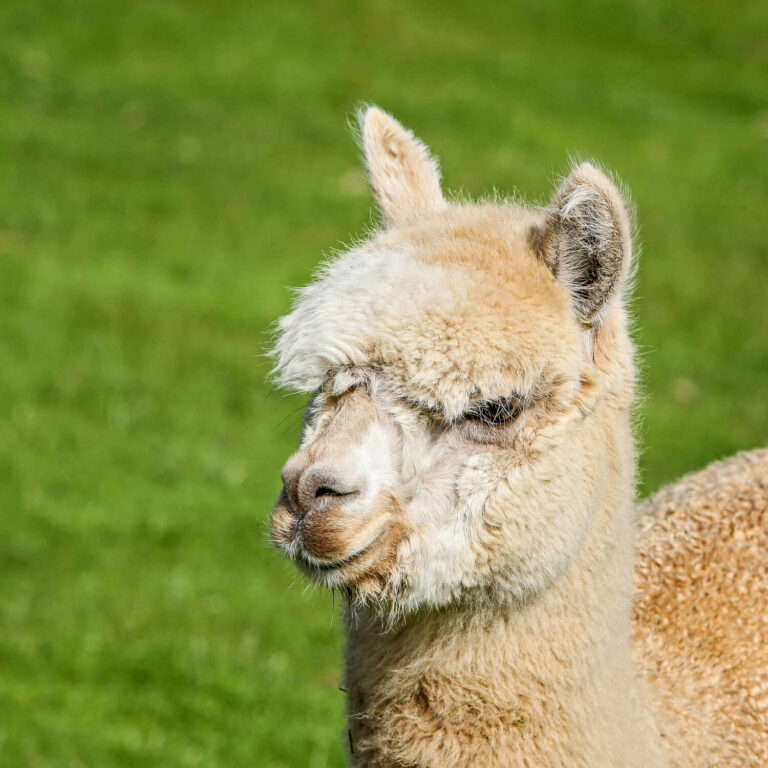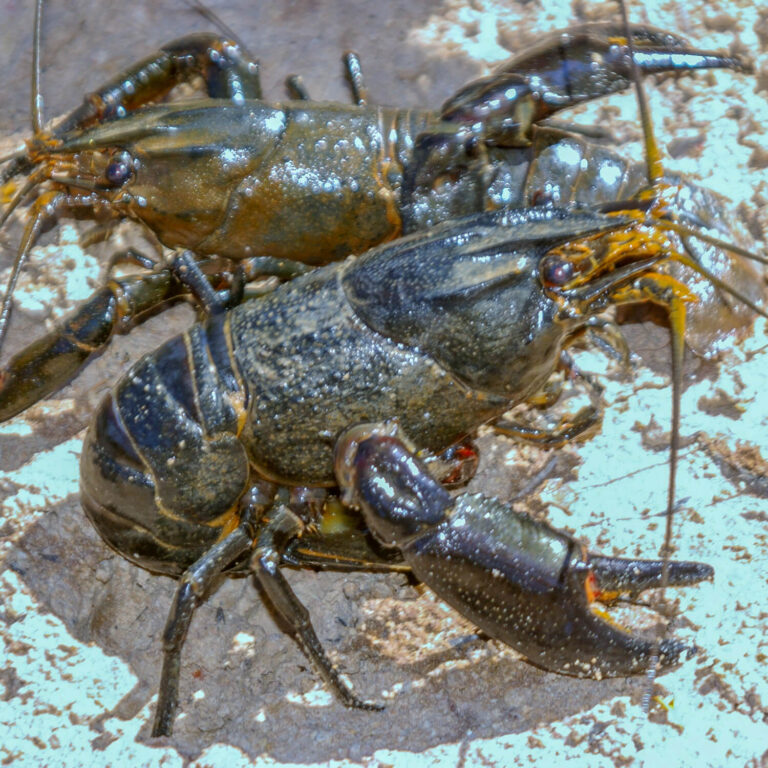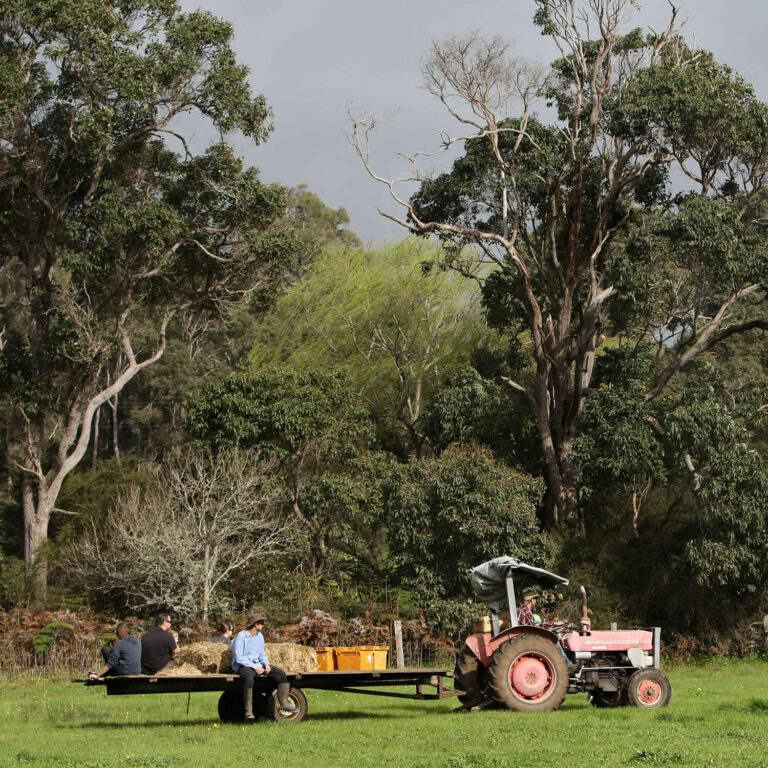About Boronia Farm
The area of Boronia Farm was originally cut for timber in the early years of the twentieth century. Several railway lines crossed the property at that time and there is still evidence of these lines today. At the back of our farm near the dam a boarding house was established which catered for up to 40 men at a time working on the timber. There is no longer any evidence of this though we do find occasional pieces of pottery or glass lying around.
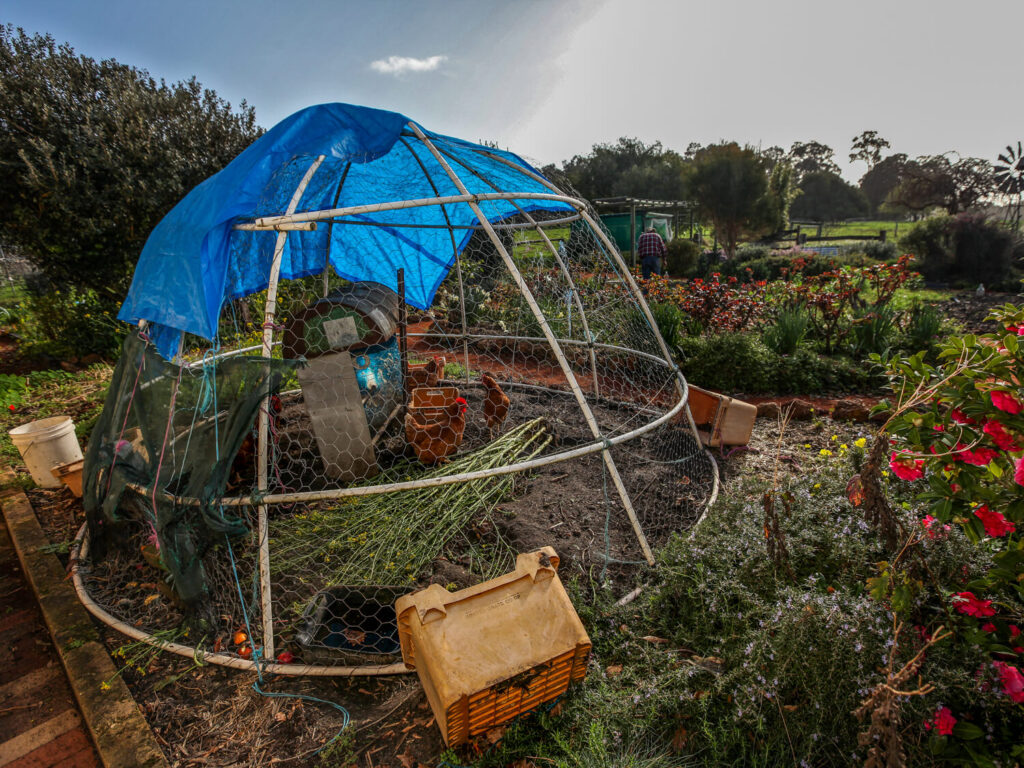
The farm was selected in 1929 and the Williams family moved here soon after. The first house was built in 1935 and this forms part of the main farmhouse now. We purchased the property in 1988, when we moved here with our young family.
About 1935, when the house was built an apple seedling grew up beside the house and after several setbacks eventually fruited. The fruit it produced was unlike any existing apples and it was recognised as a new variety which later became known as the Lady Williams. The modern varieties of Pink Lady and Sundowner are both crosses of the Lady Williams. So it can be said that the current WA apple industry owes a great deal to this tree which still grows by the original house.
Our entire property is currently certified organic with NASAA the National Association of Sustainable Agriculture Australian. The farm has been certified organic since 1999, but we have been farming with little or no sprays or artificial inputs since 1992 on both the orchard and pasture.
We operate an organic, sustainable system of agriculture with no artificial fertilizers, pesticides or herbicides. This has often involved lateral thinking to overcome issues involving weed and pest control– though our plants and animals are now healthier and less liable to attack by insects and disease.
We run a small breeding herd of 15 cows at present along with a small mob of Sheep- Australian Ultra White for meat.
In our orchard we have commercial quantities of plums and a large variety of other fruit for ‘on farm consumption’. Our fruit is sold through Organic wholesalers at the Canning Vale Markets in Perth and some direct to retailers.
Marron are present in all the dams and ponds. This was planned to be a commercial venture but the reality has not been so successful. We have naturally acidic water (due to much of it coming though our Boronia Swamp) which we are struggling to correct, so at present the marron are used for ourselves and our family.
